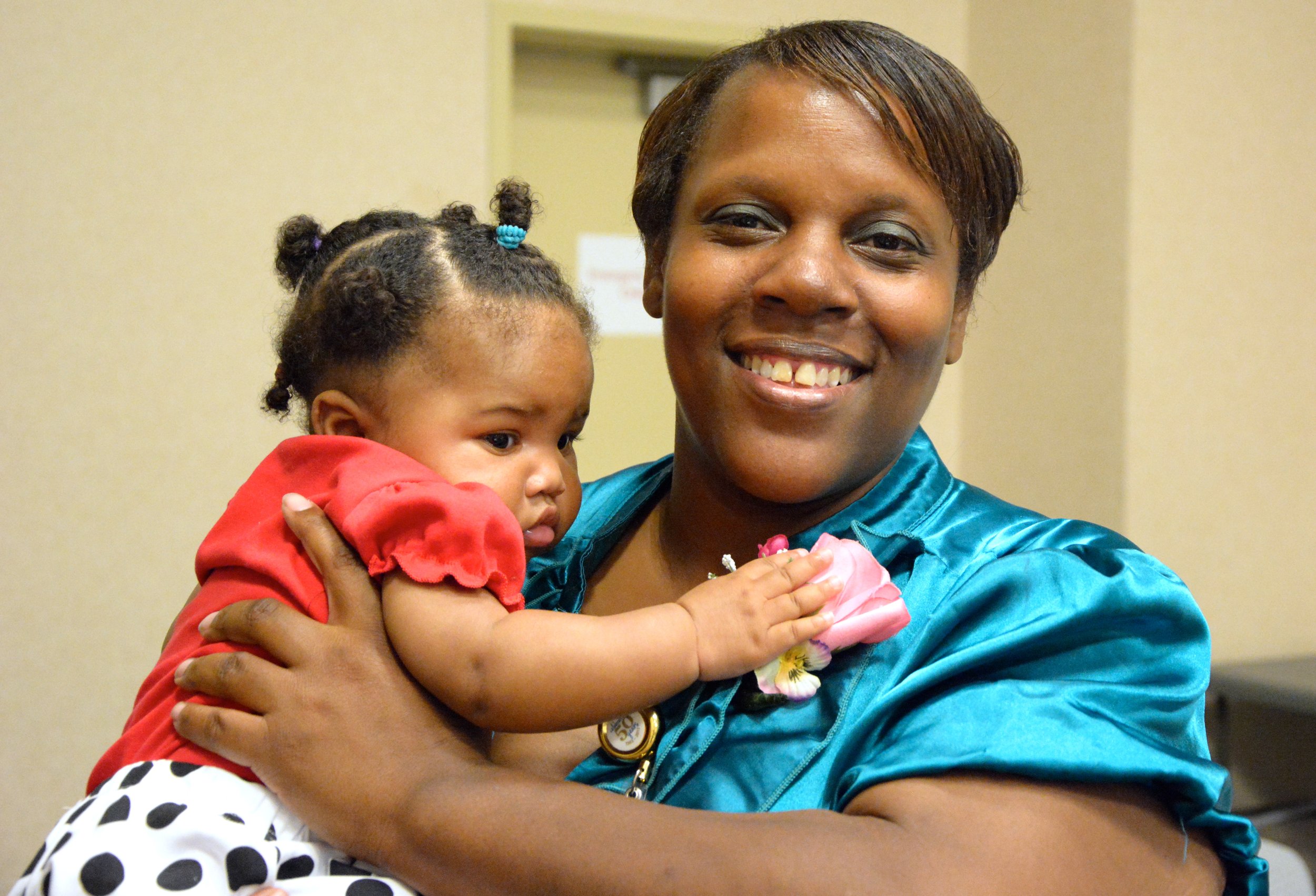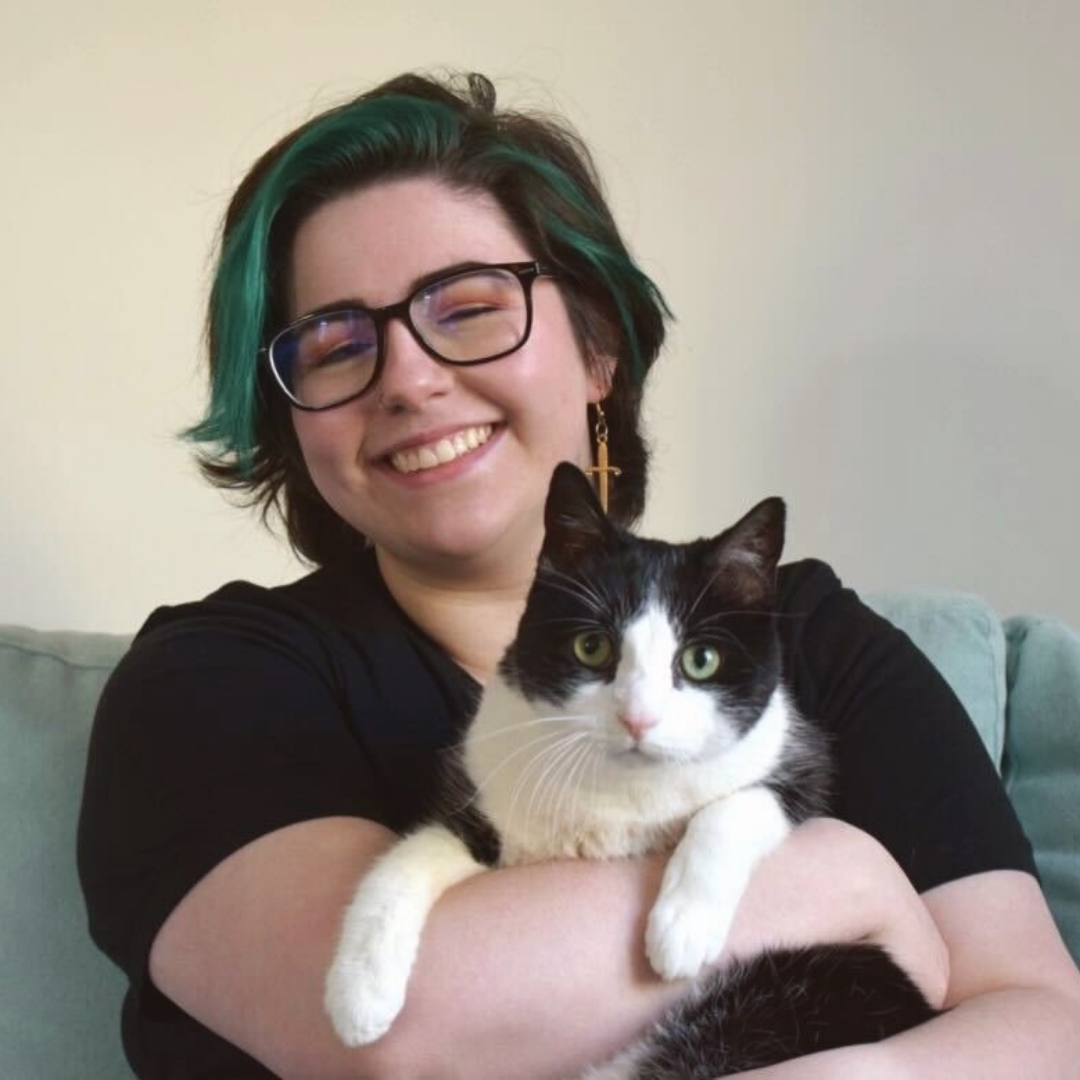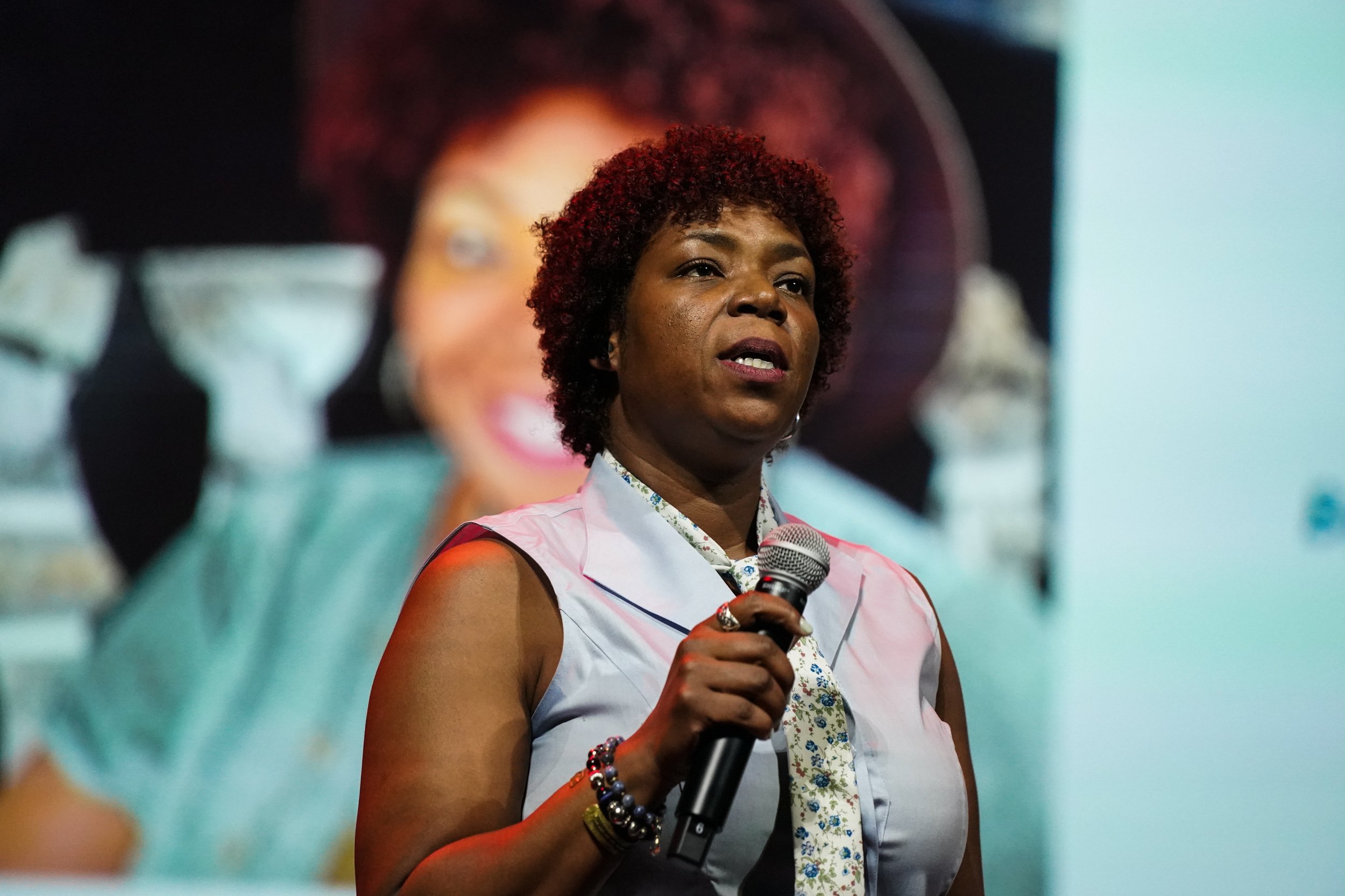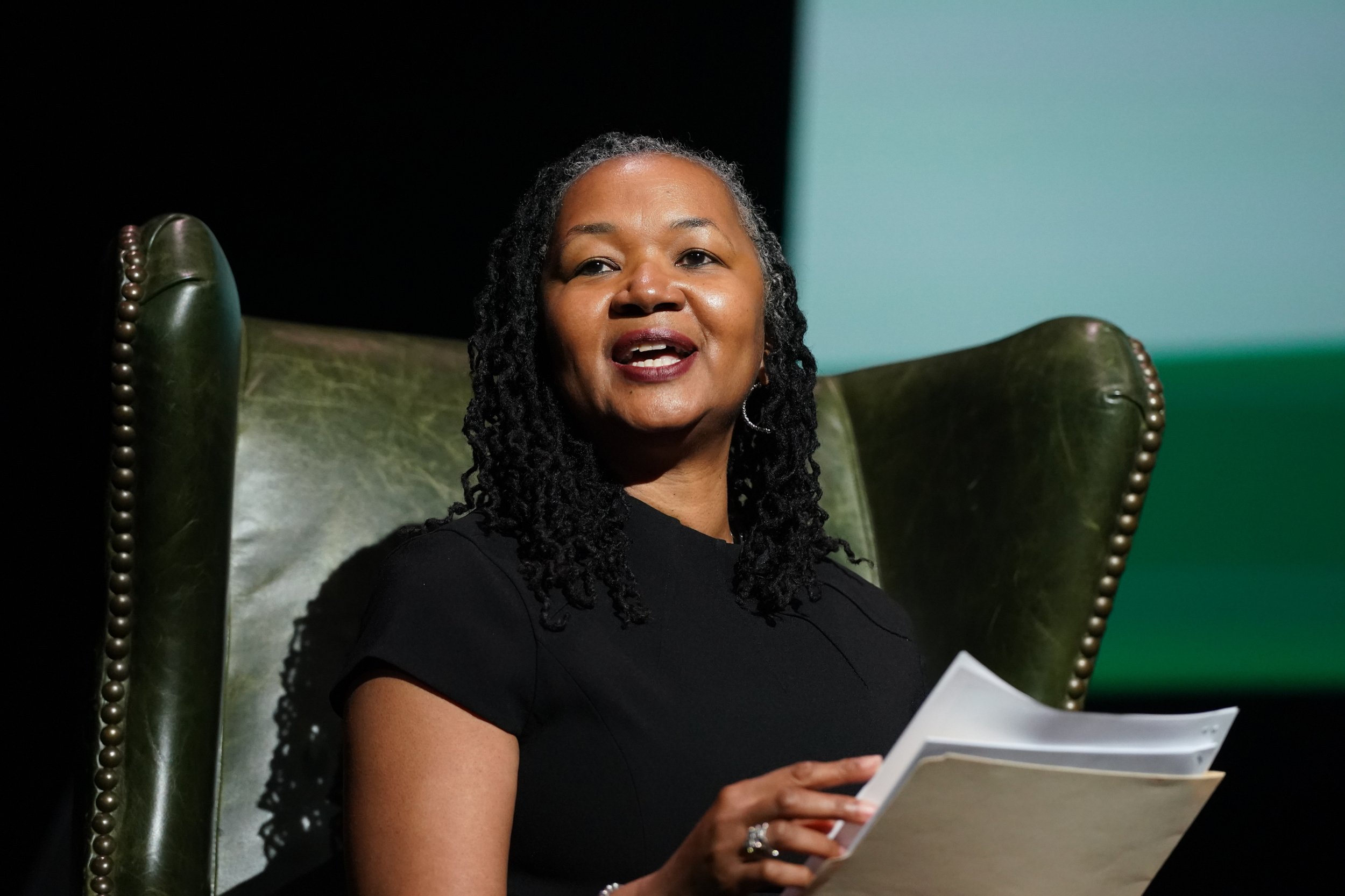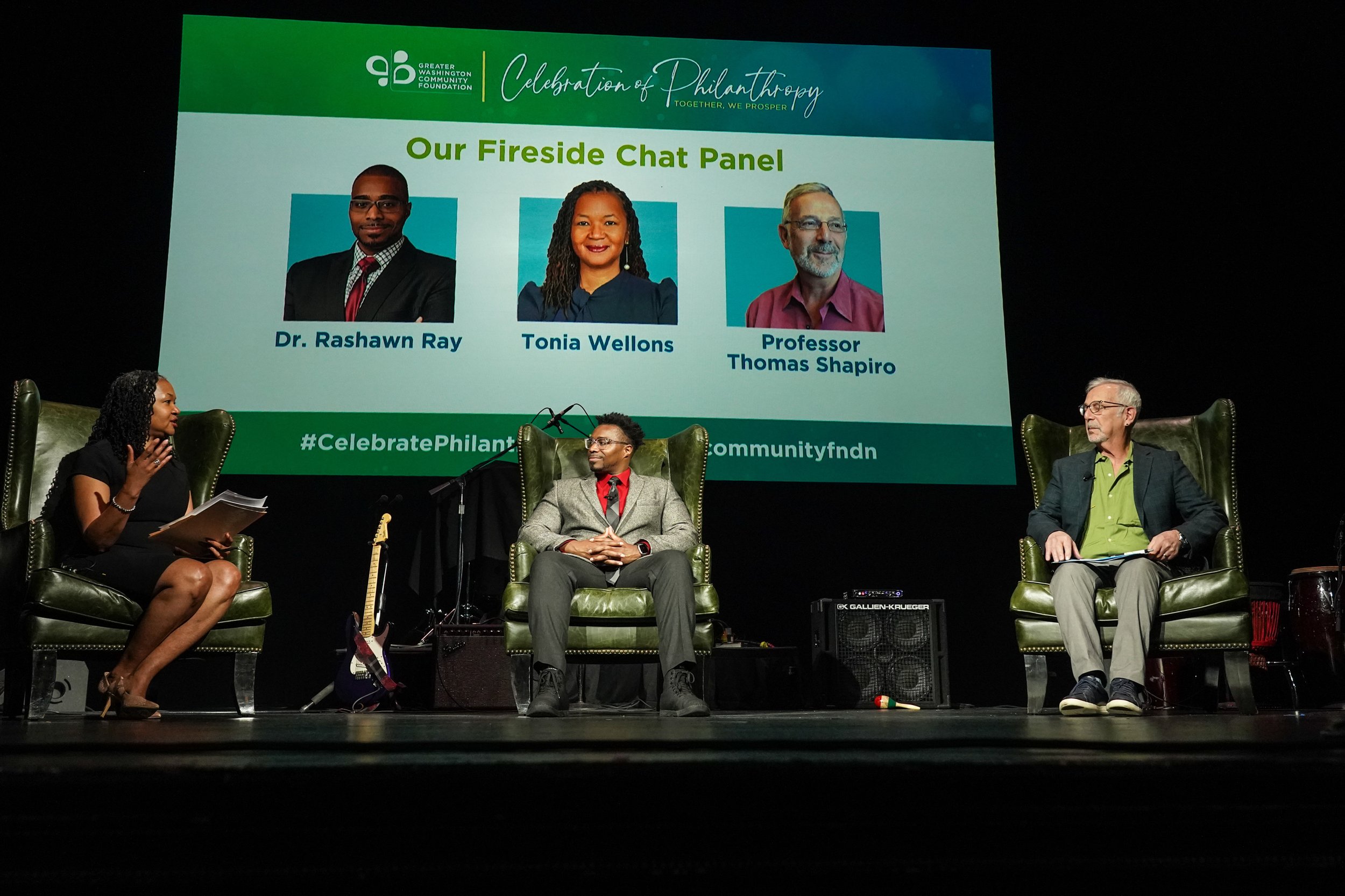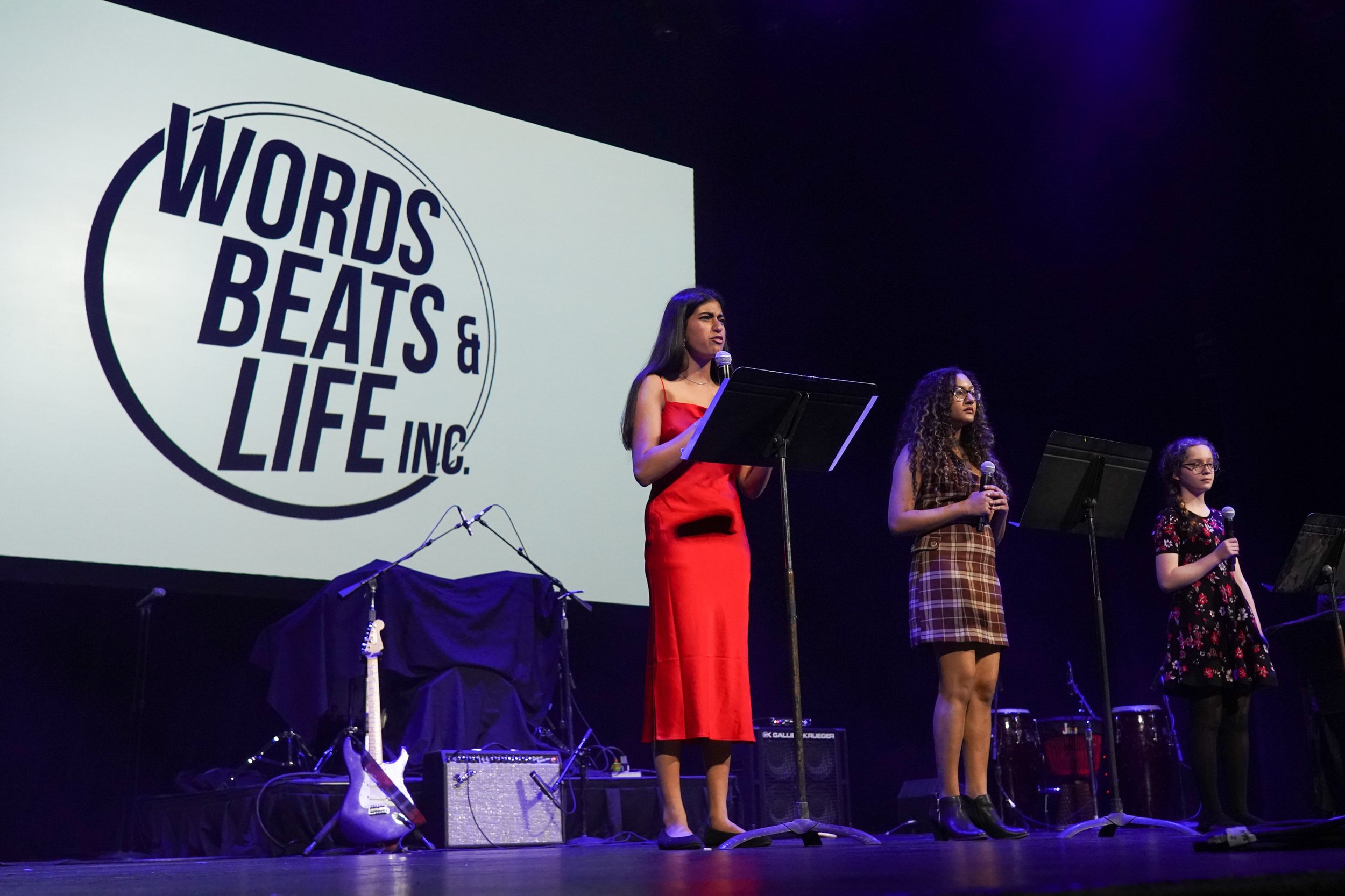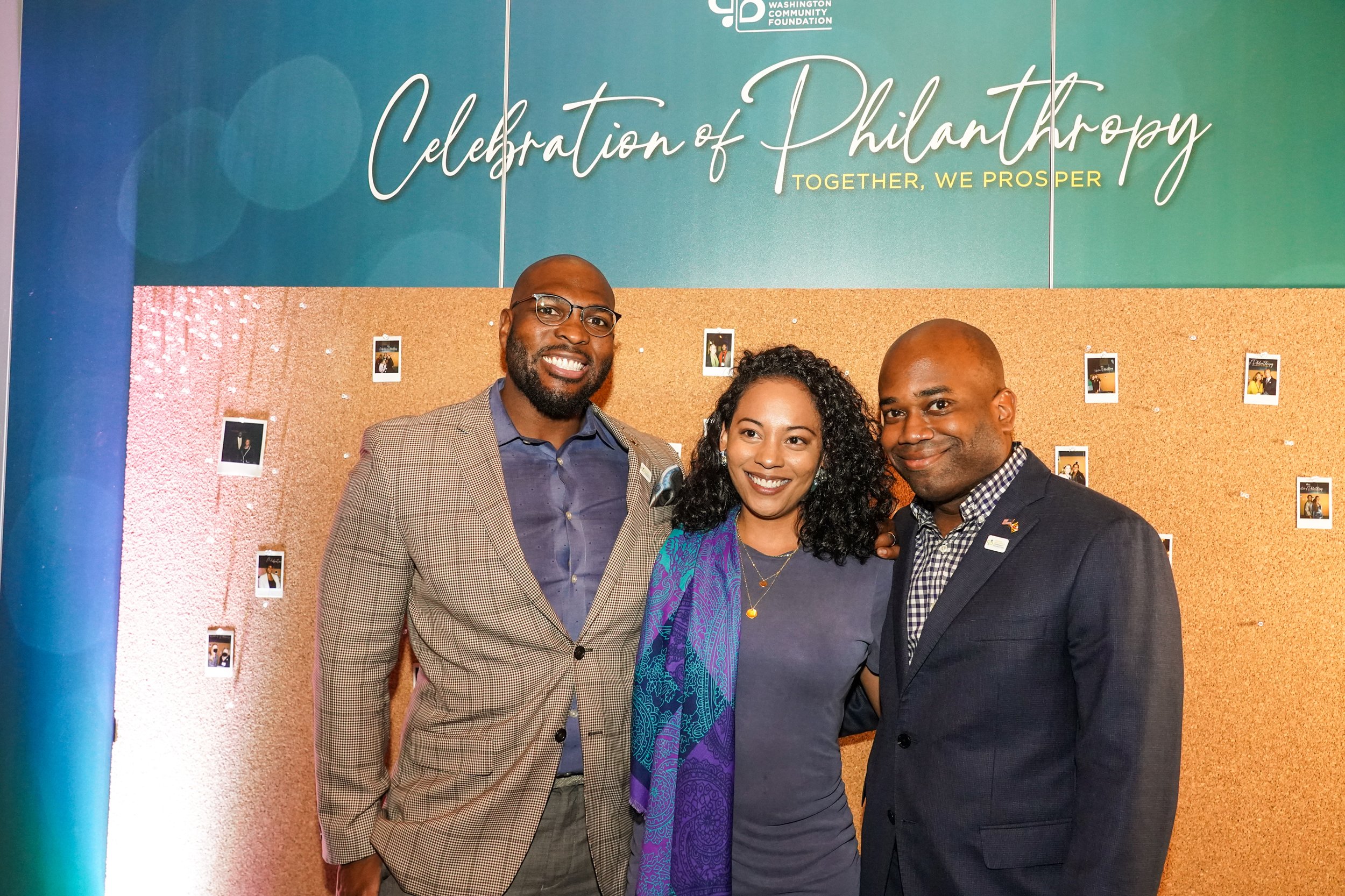Ever since early 2020, the COVID-19 pandemic has sparked a tremendous mobilization in the social services sector. Within weeks, nonprofit organizations across the country scrambled to shift their operations to meet community needs – organizing new programs, experimenting with new technologies, and seeking new ways to connect and collaborate with community members.
Yet perhaps the most impressive mobilization has come from a different source – Mutual Aid Networks -- a growing movement of neighbors helping neighbors on a grassroots level.
“Mutual aid is a critical part of our region’s social safety net,” said Tonia Wellons, President and CEO of the Greater Washington Community Foundation. “When neighbors help neighbors meet their basic needs, it strengthens the whole community’s ability to address current crises – and weather future ones, as they continue along the path to economic progress.”
While the concept of mutual aid has been around for a long time, the pandemic saw a dramatic increase in the organization and mobilization of networks throughout the Greater Washington region. Neighbors mobilized to help each other with issues that ranged from food and transportation needs to utilities assistance.
“The heart of our work is to redistribute wealth and resources to Black communities in DC who are facing rapid displacement,” one organizer with Serve Your City, Ward 6 Mutual Aid shared. “When a community can care for itself from within, leaders are developed, and new power models are created.”
In addition to greatly increasing the efficiency and reach of ongoing relief efforts, these power models can provide vital infrastructure and partnership opportunities for future community-wealth building initiatives.
“Our dream is to create sustainability within Black neighborhoods so that the city's most long-standing residents can maintain homes within thriving communities,” another organizer added. “We are all best served when our community is safe and healthy, and when communities have agency over decision-making.”
Recognizing the critical role of mutual aid networks in responding to current and future crises, the Greater Washington Community Foundation recently awarded $250,000 in grants to help meet the basic needs of low-income residents, bridge diverse communities, support vaccine education/access, strengthen political education and organizing, and more.
These investments also marked a milestone for The Community Foundation as they represent the final grants issued from the organization’s COVID-19 Emergency Response Fund established at the onset of the pandemic.
“We are grateful for the donors and nonprofit partners who have stood by us and our community during one of the most trying and transformative periods in its history,” Wellons said.
“Though this concludes our immediate crisis response work, we will continue working together with our partners to prepare for future crises and to support pathways to economic mobility so more people can overcome everyday crises that prevent them from thriving in our region.”
Grant Recipients include:
East of the River Mutual Aid (EORMA/Grassroots DC)
To support the work of East of the River Mutual Aid in Wards 7 and 8 to provide residents with basic needs such as groceries, hot meals, hygiene items, cleaning supplies, school supplies, transportation, emergency housing, clothing, baby formula, diapers and more. EORMA will also provide support related to grief/loss, elderly resident support, political education/organizing, and operates a COVID-19 hotline to help neighbors with vaccine education/access.
Serve Your City/Ward 6 Mutual Aid (SYC/W6MA)
To support the work of Serve Your City/ Ward 6 Mutual Aid Network in Wards 5,6, 7 and 8, including food and supply distribution, providing critical supplies and advocating alongside unhoused neighbors for access to resources, youth education and workforce programs, digital divide program, and political organizing and advocacy.
Silver Spring & Takoma Park Mutual Aid (SSTPMA)
To support mutual aid efforts in the Silver Spring, Takoma Park, and Kensington areas of Montgomery County that includes grocery store gift cards and financial assistance for utility bills. Funding will help expand the capacity of ongoing work as well as assist with the backlog of requests for assistance.
Ward 3 Mutual Aid (W3MA)
To support food assistance programs including buying /delivering groceries to neighbors, grocery gift cards, Ward 3 Food Pantry and household cleaning supplies, and financial assistance to other mutual aid groups in the city. W3MA has an ongoing commitment to providing support to East of The River Mutual Aid and to supporting a hot meal program for low-income people in other wards.
Ward 5 Mutual Aid (W5MA)
To support mutual aid efforts in Ward 5 and help neighbors with basic needs including groceries, personal and household items. W5MA operates a grocery delivery system and supply hub which is staffed by volunteers and has a storehouse of canned/dry food items, some fresh produce, diapers, and clothing. Funding will help meet the consistent inflow of grocery requests, and growing backlog.
The Hope Collective
To support a group of nonprofit organizations in Prince George’s County that utilize their resources collaboratively to provide school-based and community wraparound services in areas where violent crime is an issue. The Hope Collective will support up to 5 nonprofit organizations that will provide youth and their families with mental health, workforce development, after-school programming, and re-entry services specifically to address rising crime and the impacts of the COVID-19 pandemic.























